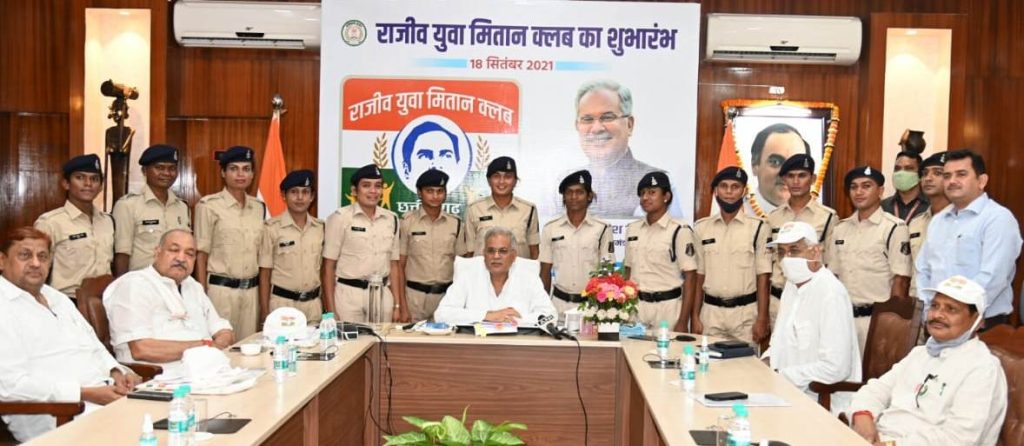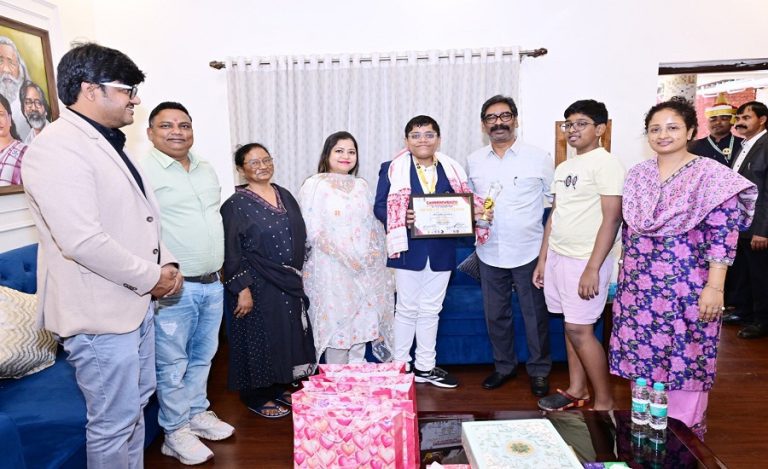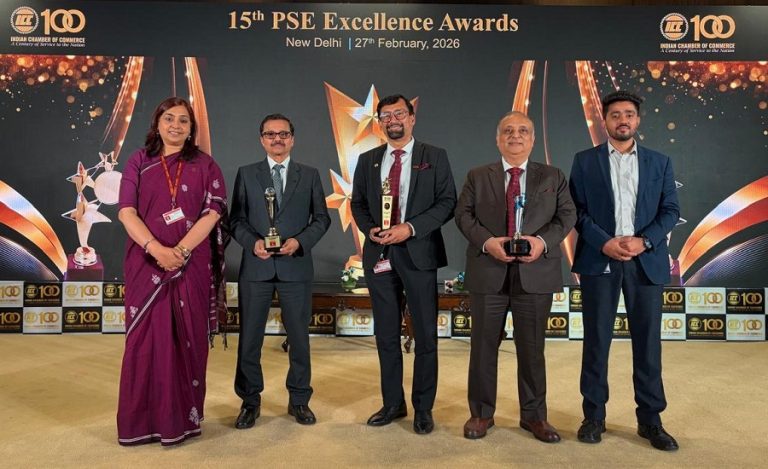The state of Chhattisgarh will now see transgenders in khaki uniform. A uniform that was literally ‘untouchable’ for the third gender community in the past. Organizations used to shy away from recruiting them even if they had all the requisite qualifications. Now, all this is set to change, with the recruitment of 13 transgenders as constables in the state police department.
In an interaction with Indian Masterminds, senior IPS officer, Mr. R.K. Vij, said that, “the objective of the step is to provide equal rights to every citizen of the country, as laid down by the Constitution of India.”
HOW THIS RECRUITMENT CAME ABOUT
In a recent state function, 13 transgenders were felicitated by Chhattisgarh Chief Minister, Mr Bhupesh Baghel. The occasion was their formal induction into the police force.
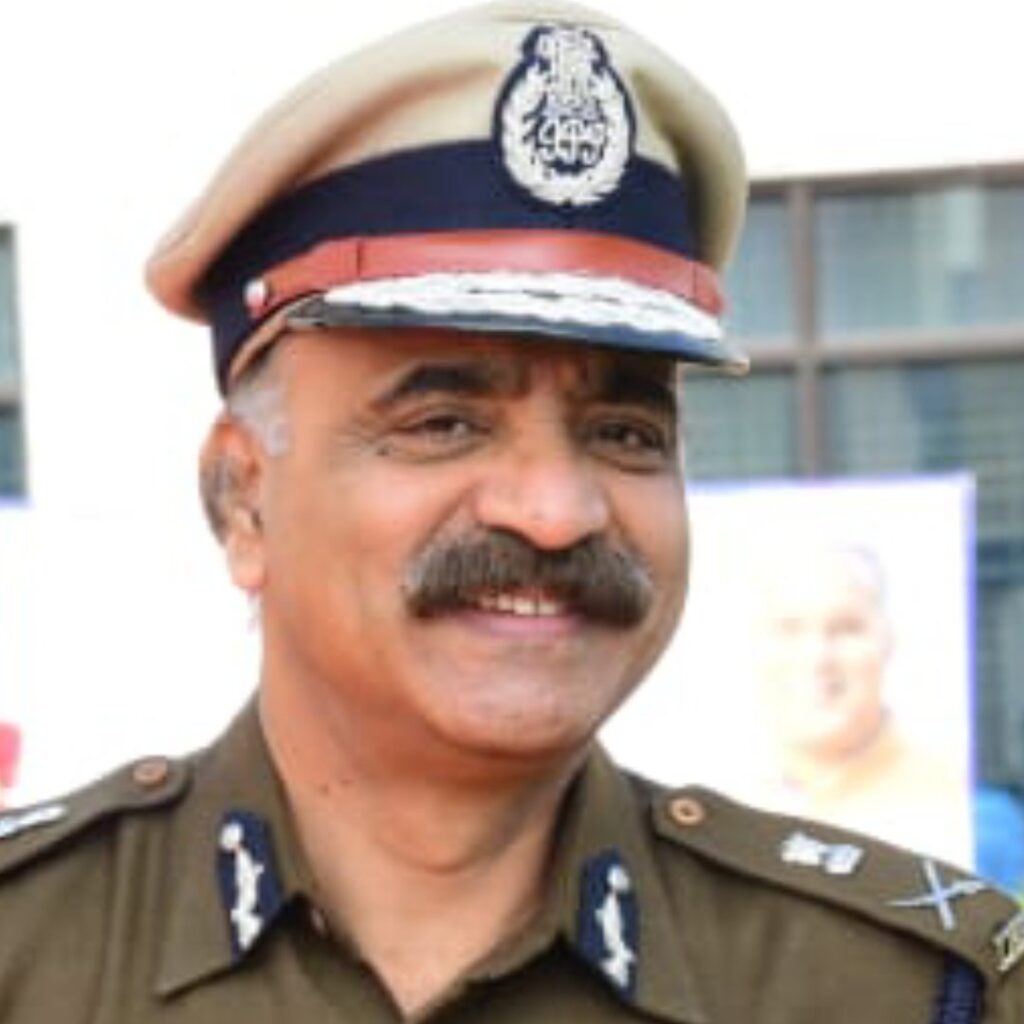
Describing this recruitment in detail, senior IPS officer of the state, Mr. R.K. Vij, said, “In 2017, one of the leaders of the transgender community, Raja Ramdhar, came to me and expressed the need of police sensitization towards the community. It was then that we started considering the entry of the 3rd gender in our department.”
Mr.Vij wrote to SPs of all the districts and organized a state-level conference, where the decision was taken to train eligible members of the transgender community for physical tests and written examinations. 23 candidates appeared for the 2017-18 Chhattisgarh constable recruitment exam, out of which 13 got selected. A total 2038 candidates cleared the exam -1736 males, 289 females and 13 transgenders.
NALSA VS UNION OF INDIA 2014
In this context, the IPS officer also highlighted the landmark ‘National Legal Services Authority vs Union of India 2014’ruling by the Supreme Court of India on April 15, 2014. The bench,headed by Justice K.S. Panicker and Justice Arjan Kumar Sikri, declared transgender people as the third gender and said, “All the fundamental rights given in Constitution of India are equally applicable to them and they have the right to self-identification as male, female and third gender. Further non-recognition to third gender in both criminal and civil statutes relating to marriage, adoption, education, divorce etc., is discrimination to transgender individuals.”
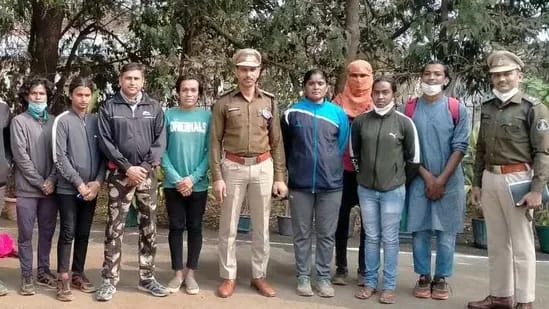
The bench also ordered the Centre and states to constitute welfare boards to protect third gender’s rights and provide them chances to grow.
In compliance with this order, the Third Gender Welfare Board was constituted by the government of Chhattisgarh in 2017. The board creates public awareness on the third gender community and helps transgenders to assimilate into society.
‘’OTHERS’ ADDED TO GOVT FORM
After the Supreme Court ruling in 2014, ‘Others’ was added in the gender category in Voters Registration Form. In the first phase of registration itself, around 28,000 voters registered themselves as ‘Others’.
“All documents will now have a third category marked for transgenders. This verdict has come as a great relief for all of us. Today, I’m proud to be an Indian,” said Laxmi Tripathi, who was the petitioner in the Nalsa vs Union of India 2014 case.
In the wake of the Supreme Court’s ruling on that case, the ‘Transgender Persons (Protection of rights) Act 2019’ was passed by the Parliament of India in 2019. The Act describes transgender as “all the persons whose gender does not match with the gender recognized at the time of birth, trans-man and trans-woman, whether they have gone SRS (sex reassignment surgery) or not, and also individuals known by socio-cultural identity like ‘kinnar’, ‘hijra’, ‘jogta’ etc”.
STEP TO ASSIMILATE THEM INTO SOCIETY
We see them on the streets,in trains, buses, and weddings, struggling to earn a living by singing and dancing. Life is not easy for them. So often, they are abused and forsaken by their own family members. Hence, Chhattisgarh Police’s initiative will give this vulnerable section of society hope and a sense of belonging.
In the words of senior IPS officer, Mr. R.K. Vij: “By giving them the khaki uniform, we are looking forward to reestablishing their dignity and respectful place in society. When they will come forward to help people in need, as the first responders, then, definitely, people’s mindset towards them will change.”

